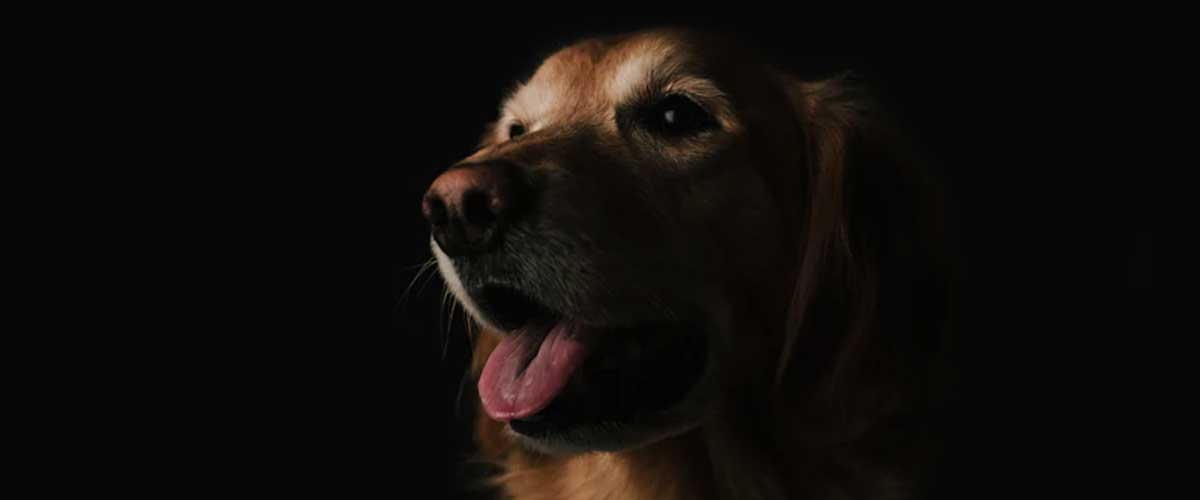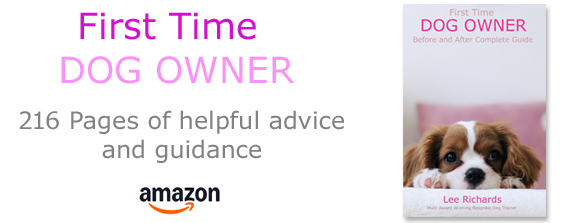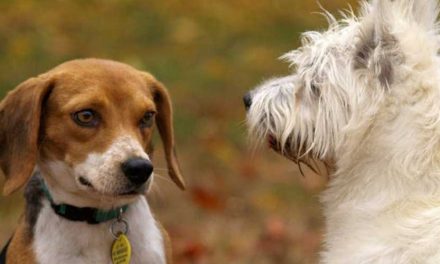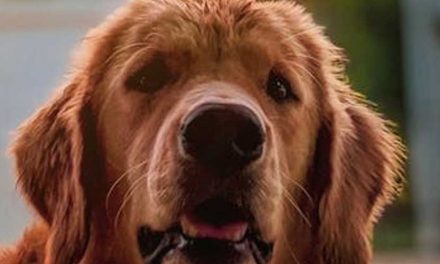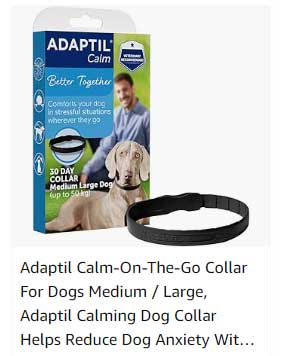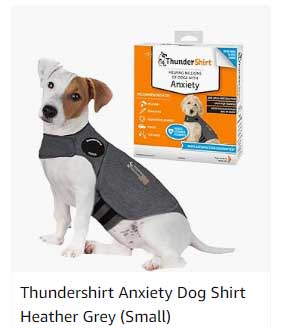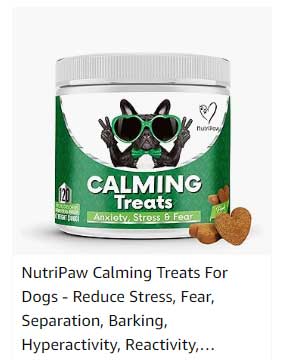As the Fourth of July approaches or during festive celebrations, the excitement builds for many humans.
However, for our furry friends, these moments can be filled with overwhelming fear and anxiety, often triggered by the loud blasts of fireworks.
It’s essential for pet owners to recognize and address dog anxiety due to fireworks to ensure their beloved companions feel safe and secure.
Why Do Dogs Fear Fireworks?
Dogs possess a significantly more acute sense of hearing than humans.
While humans experience sound in a range of frequencies, dogs can hear sounds that are inaudible to our ears, often perceiving noises that can be startling or frightening.
Fireworks produce loud, unpredictable sounds and bright flashes of light, all of which can create a chaotic experience for our pets.
Additionally, the fireworks themselves can create an environment full of anxiety-inducing stimuli.
The booming noises, erratic behavior of nearby individuals, and the smell of smoke can be overwhelming for dogs.
For pups with a history of trauma or those who are particularly sensitive, this can lead to panic and fear during firework displays.
Signs of Firework Anxiety in Dogs
Recognizing the signs of anxiety in dogs is the first step in providing support during fireworks.
Common symptoms include:
1. Vocalization:
Barking, whining, or howling can indicate distress.
2. Pacing and Restlessness:
Dogs may move around nervously, unable to sit still.
3. Seeking Hiding Spots:
Many dogs instinctively look for shelter, such as under furniture or in closets, when frightened.
4. Destructive Behavior:
In an attempt to cope, some dogs may chew on furniture or scratch at doors.
5. Excessive Drooling or Panting:
These physiological responses indicate stress.
6. Loss of Appetite:
Dogs may refuse to eat or drink when feeling anxious.
Understanding these signs can help pet owners take proactive steps to ease their dogs’ fears.
Preparing for Fireworks Season
Preparation can significantly lessen your dog’s anxiety during fireworks.
Here are some effective strategies:
1. Create a Safe Space:
Designate a quiet area in your home where your dog feels comfortable.
This could be a room away from windows, with familiar blankets and toys.
Consider using a crate if your dog is crate trained, as it can provide a sense of security.
2. Calm Environment:
On firework nights, keep windows and doors closed to minimize noise.
Play background music or turn on a fan to help drown out the sound of fireworks.
3. Desensitization Training:
Gradually expose your dog to the sounds of fireworks in controlled settings.
Use recordings at low volumes, gradually increasing the sound while rewarding your dog with treats and praise.
This can help them become accustomed to the noise.
4. Exercise:
A long walk or play session earlier in the day can help to burn off excess energy, making your dog more likely to relax during fireworks.
5. Consult a Veterinarian:
If your dog displays severe anxiety, seeking advice from a veterinarian is crucial.
They might recommend calming supplements or, in some cases, medication to help alleviate anxiety during fireworks:
6. Use Calming Products:
Items like anxiety wraps or ThunderShirts, designed to apply gentle pressure, can offer comfort to anxious dogs.
There are also aromatherapy sprays and calming collars available that may help reduce anxiety.
The Importance of Being Patient
No matter how well-prepared you are, it’s important to approach your dog’s anxiety with patience and understanding.
They are experiencing real fear, and your role as a caregiver is to provide reassurance and comfort.
Avoid punishing your dog for their fearful behavior, as this can exacerbate anxiety and lead to trust issues.
In conclusion
While fireworks can represent celebration for humans, they can be a source of distress for our dogs.
By understanding their fears and implementing supportive strategies, we can help our furry companions cope with the noise and feel safe in their home environment.
After all, a calm dog contributes to a more enjoyable holiday experience for both pets and their owners.

